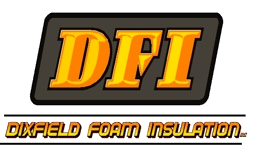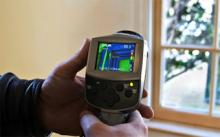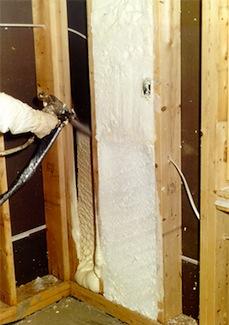Your utility bill may be shocking, but it offers few helpful details: it doesn't tell you when your energy use peaks, doesn't explain how best to reduce power consumption, and doesn't tell you how your home is spending your money.
We think it’s worth finding out. A home energy audit is one of the first steps to understanding your home's energy usage, as well its overall health and performance. Using a combination of high tech tests and common sense evaluations, a good auditor provides homeowners with a list of energy and money saving steps, explains how and why your house is costing you money, then prioritizes steps to take to knock down those costs over the long haul.
A typical audit is comprised of several steps:
1) A thorough visual inspection of the home's building envelope.
2) An insulation check, generally involving infrared thermography, to pinpoint spots where insulation may have settled, been improperly installed, or where it may be missing altogether.
3) An air leakage test using a blower door, to measure the cumulative effect of all the air leaks in the home.
4) A ventilation check: healthy houses have appropriate ventilation, and an auditor will test ventilation systems to ensure that they conform to safety standards.
5) All visible gas lines, the gas stove, and gas powered water heater will be examined to insure that there are no leaks.
6) The auditor will evaluate if your central heating system needs cleaning or a tune-up.
7) Finally, expect a few suspect appliances, including old driers or refrigerators to be tested with an electricity monitor. There are times when one terrifically inefficient appliance throws an entire house's energy use out of whack.
We believe that whole house energy audits by certified professionals are worth every penny, so long as you act on what the audit turns up.
Last off, bear in mind that what turns up might surprise you: homeowners are often shocked to discover that all the little air leaks throughout their house add up to the equivalent of a window (or two, or more) being left open year round! Just remember that what you don't know can cost you: it's better to know!




